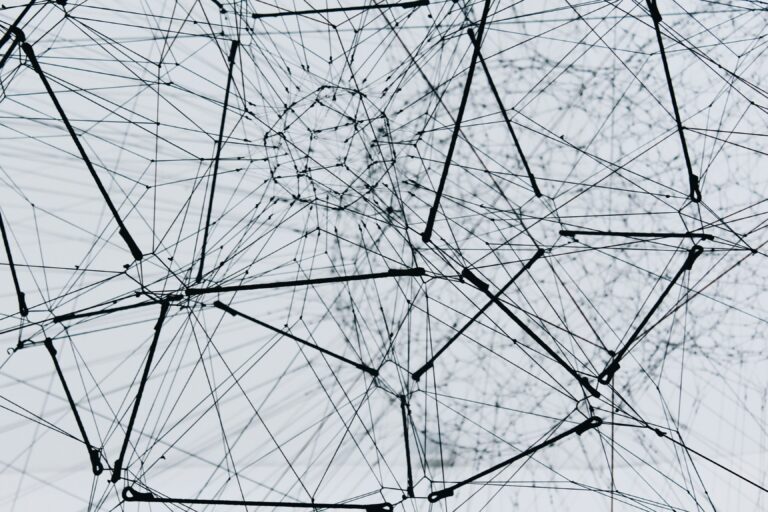- 10:30 Uhr
- Christian Liebel
Webinar: Electron, Cordova & PWA – was, wann, wie & warum?
Write once, run anywhere – dieser alte Java-Traum ist dank Webtechnologien längst Realität geworden. Neuerdings haben Cross-Platform-Entwickler aber die Wahl zwischen altbewährten Ansätzen wie Capacitor und GitHub Electron, bei denen Web-Apps in native Container verpackt werden, und den neuen Progressive Web Apps (PWA), bei denen eine Webanwendung aus dem Browser heraus installiert wird. Optisch geben sich beide Methoden nicht viel, doch sie unterscheiden sich hinsichtlich der Verteilung und im Funktionsumfang.
PWA-Professional Christian Liebel erklärte im Webinar am 05. Mai 2021, für welche Anwendungsfälle sich PWAs eignen und wann Sie ergänzend oder alternativ zu Electron oder Capacitor greifen sollten.
Moderation

Gøran Homberg
Gøran Homberg ist Consultant bei Thinktecture und arbeitet mit unseren Kunden bzgl. deren Anforderungen, Projektansätzen und zugehörigem Projekt-Management.
Agenda
- Cross-Plattform-Entwicklung
- Progressive Web Apps
- Electron
- Capacitor
- Vergleich der Technologien mit Vor- und Nachteilen
- Q&A
Material & Video zu "Electron, Cordova & PWA - was, wann, wie & warum?"
Sie wünschen sich Unterstützung durch unsere Experten in Ihrem Projekt?
Slidedeck zu "Electron, Cordova & PWA - was, wann, wie & warum?"
Kommende Webinare: jetzt kostenlos anmelden
No results found.
Aktuelle Webinar-Aufzeichnungen
Christian Liebel | 05.06.2024 | 10:30 Uhr
Yannick Baron | 10.07.2024 | 10:30 Uhr
Weitere Artikel zu Capacitor, Electron, PWA


AI-Funktionen zu Angular-Apps hinzufügen: lokal und offlinefähig


Adding Superpowers to your Blazor WebAssembly App with Project Fugu APIs
Whether you're a seasoned Blazor developer or just getting started, this article will help you add superpowers to your Blazor WebAssembly app.


Accessing Files & File Handler – Real-World PWA: The Making Of Paint.Js.Org – Part 4


Copy & Paste Images – Real-World PWA: The Making Of Paint.Js.Org – Part 3






